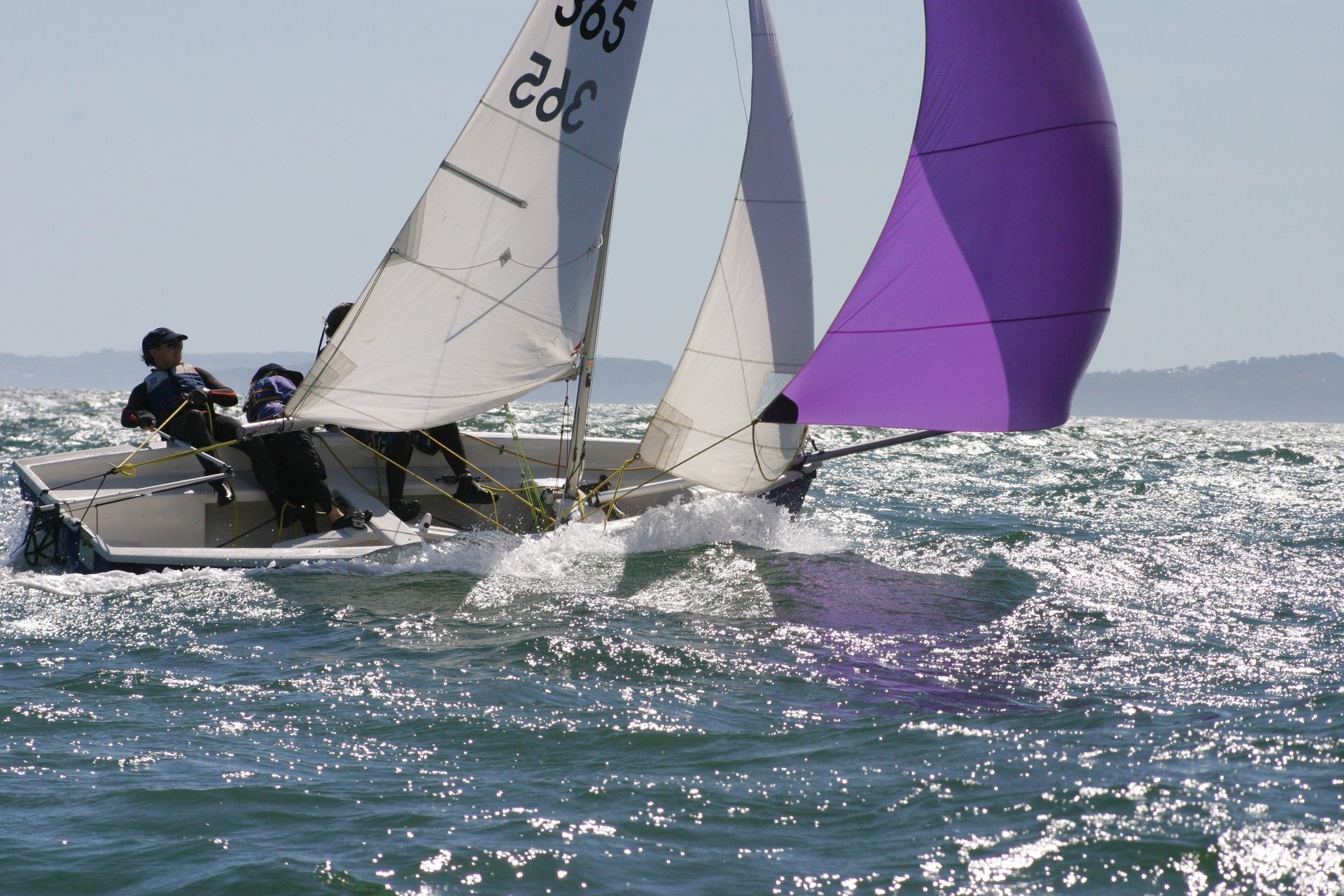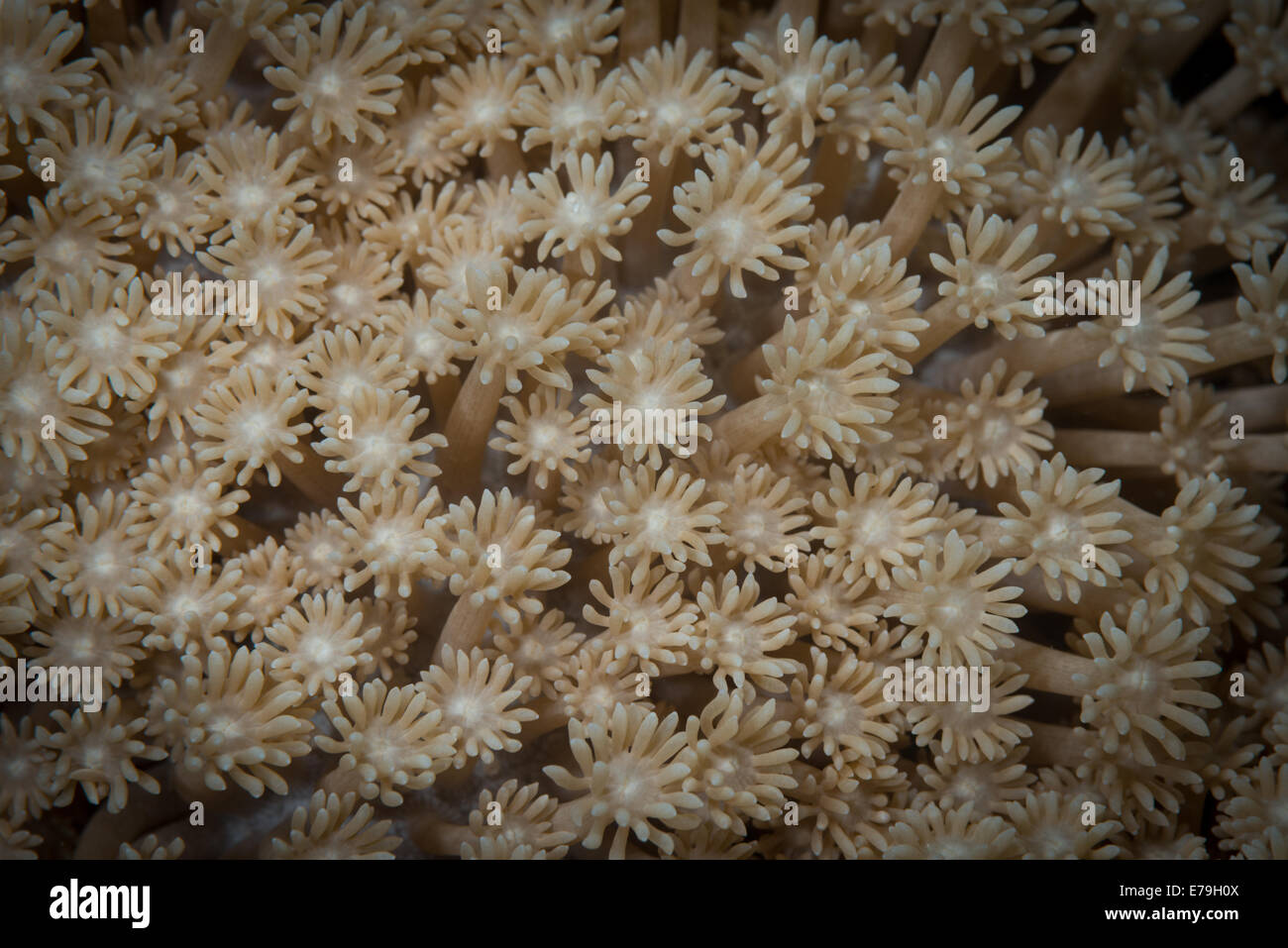Elite Marine Life - A Bajau lifeguard swims among a large school of jackfish swarming on a reef off Sipidan Island, Sabah, Malaysia. Credits: Timothy Allen Getty Images
When a person is immersed in water, within seconds the body begins to reflexively change. Heart rate slows down. Blood vessels in the limbs constrict, blocking blood flow to vital organs. And, crucially, the spleen contracts, releasing precious oxygen-laden red blood cells into the bloodstream. All of this extends the amount of time we can go without gasping.
Elite Marine Life

Now, new research suggests that some sea creatures may have evolved over thousands of years to push the limits of their normal diving response. A study by an international team of researchers found that a genetic change allowed a population in Southeast Asia to grow a larger spleen that could improve their ability to hold their breath. Some scientists have compared these evolutionary changes to Tibetans being able to thrive at high altitudes.
Emperor Elite Marine Life Ocean Octocorals Hi Res Stock Photography And Images
The new study dealt with people locally often referred to as "sea nomads," who live on the islands and coasts of Southeast Asia. "Traditionally, they live in houseboats and occasionally come ashore. "They're known for being amazing divers and their connection to the sea. I've dived with them and their abilities are just unreal."
In the waterways between the Philippines, Malaysia and Indonesia, divers among the Bajau who live in houseboats have been recorded holding their breath for more than five minutes while hunting fish or shellfish. In contrast, average people can stay underwater for 1-2 minutes, whereas world-class freedivers can hold their breath for up to 3-4 minutes in competitive situations.
Previously, the crew from the BBC documentary series Human Planet recorded a Bajau hunter diving and noted that his heart rate dropped to 30 beats per minute. (Most people's dive reflex only drops the heart rate to around 50 beats per minute in healthy adults.) "They've seen them dive more than 70 meters with just a weight belt and a set of goggles," says Ilardo. “If you were just collecting clams at 10 meters, you could spend an entire day in a shallow dive like this. While diving at a certain point, [Bajau Friend] looked down and saw a large clam. He immediately dropped another 15 meters and caught it. Pretty amazing."
As an evolutionary geneticist, Ilardo wanted to know if Bajau's abilities were the result of training at birth or if he had become an elite diver through generations of marine life. So she asked the Bajau, along with the Saluan, a group of genetically similar farmers, to sequence their genomes and measure the size of their spleens. A larger spleen can store more oxygen-rich red blood cells, allowing divers to stay underwater longer. “There was a portable ultrasound machine. I gave it to the village and people came and measured their spears,” she says. 43 Bajau and 33 Saluan participated in the study;
Elite Marine Residence Apartment, Alanya
The Bajau had a much larger spleen than the non-diving Saluan, says Rasmus Nielsen, a computational biologist at the University of California, Berkeley, and lead author of the study. "We found that the Bajau had a spleen that was 50 percent larger," he said. However, among Bajau itself, divers had slightly larger hoards (about 10% larger) than those who abandoned the traditional diving lifestyle. This finding raised the possibility that the cause of Bajau's larger spleen was genetic, rather than lifelong aquatic training.
Next, the researchers searched the Bajau genome for signs of natural selection and found 25 genetic variations that appear to be unique to this population. When Ilardo and her colleagues cross-referenced the genes involved, they found that some of them appeared to be related to respiratory arrest and oxygen deprivation. “[It] was very interesting to see all the genes that might be suitable for diving get selected,” says Ilardo.
. "We know that this gene controls thyroid hormone levels and controls spleen size," Nielsen said. Less than half of the Bajau have a version of this gene associated with larger bulls, compared to 6% and 3% of the Saluan. Han Chinese (a group chosen for comparison because the two groups are not closely related), e analysis suggested two different genes that evolved in the Bajau.

It helps regulate the balance of carbon dioxide in the blood. According to the researchers, both may be important for oxygen conservation and the ability to hold your breath underwater.
Pain On The Open Road: How Elite Marine Raiders Are Remembering Their Fallen Friends
The new study provides a striking example of human genetic diversity and adaptation to aquatic environments, said Anna Di Rienzo, a population geneticist at the University of Chicago who was not involved in the study. "It's obviously a big deal and very important work," she says. “I thought it was a very interesting story about people living in very different real-life environments.”
But Di Rienzo says researchers will need extensive follow-up to understand how the 25 genetic variants her team identified behave differently in the Bajau. They still need to "find out more precisely how the genes they propose actually affect physiology and the ability of divers to do this," she said. For now, Ilardo and her colleagues only know that these genes are different in the Bajau. It is still not clear what most of the genes that confer a diving advantage do.
Evolutionary anthropologist Cynthia Beall says that part of that research should go back to the Bajau and Saluan communities and go beyond the size of the spleen to collect more physiological measurements, such as carbon dioxide and oxygen levels in the blood. University wasn't like that. Engage in research. “A reasonable hypothesis is just a starting point, but there are data to be had before we can tell all these biological stories,” says Beall. "How does their blood oxygen saturation drop during an average dive?" heart rate?” This data can reveal just how much stress Bajau divers put on their bodies when hunting and how their unique genetics translate into underwater prowess.
Ilardo and Nielsen agree and plan to return to Indonesia to continue learning Bajau. Ultimately, they say, this work could help uncover new clues about how people react to lack of oxygen, an important knowledge in medical situations such as surgery.
Corals And Coral Reef Ecosystems A Complete Guide
Meet the science that changes the world. Browse our digital archives dating back to 1845, including articles by over 150 Nobel laureates.
Post A Comment:
0 comments so far,add yours